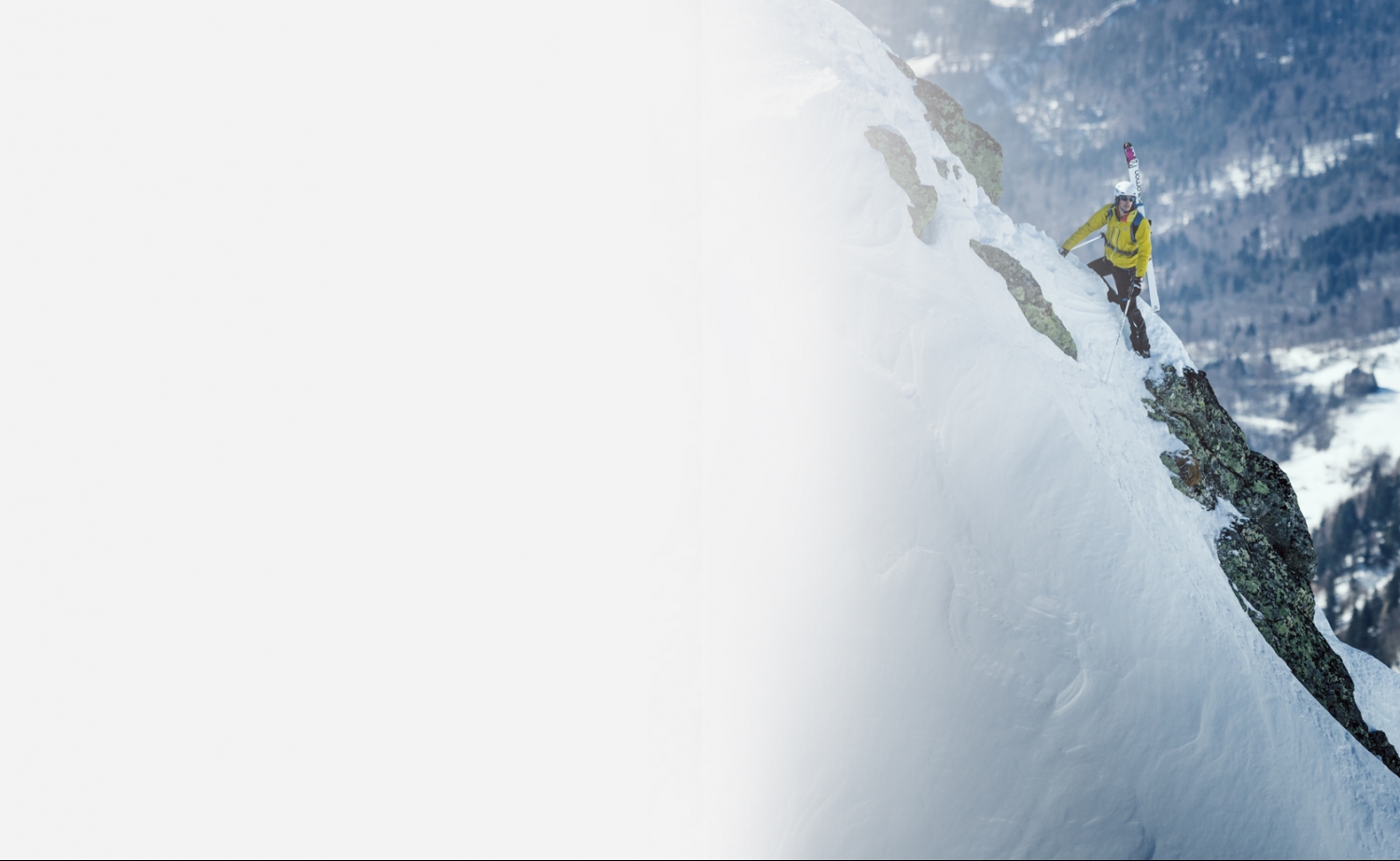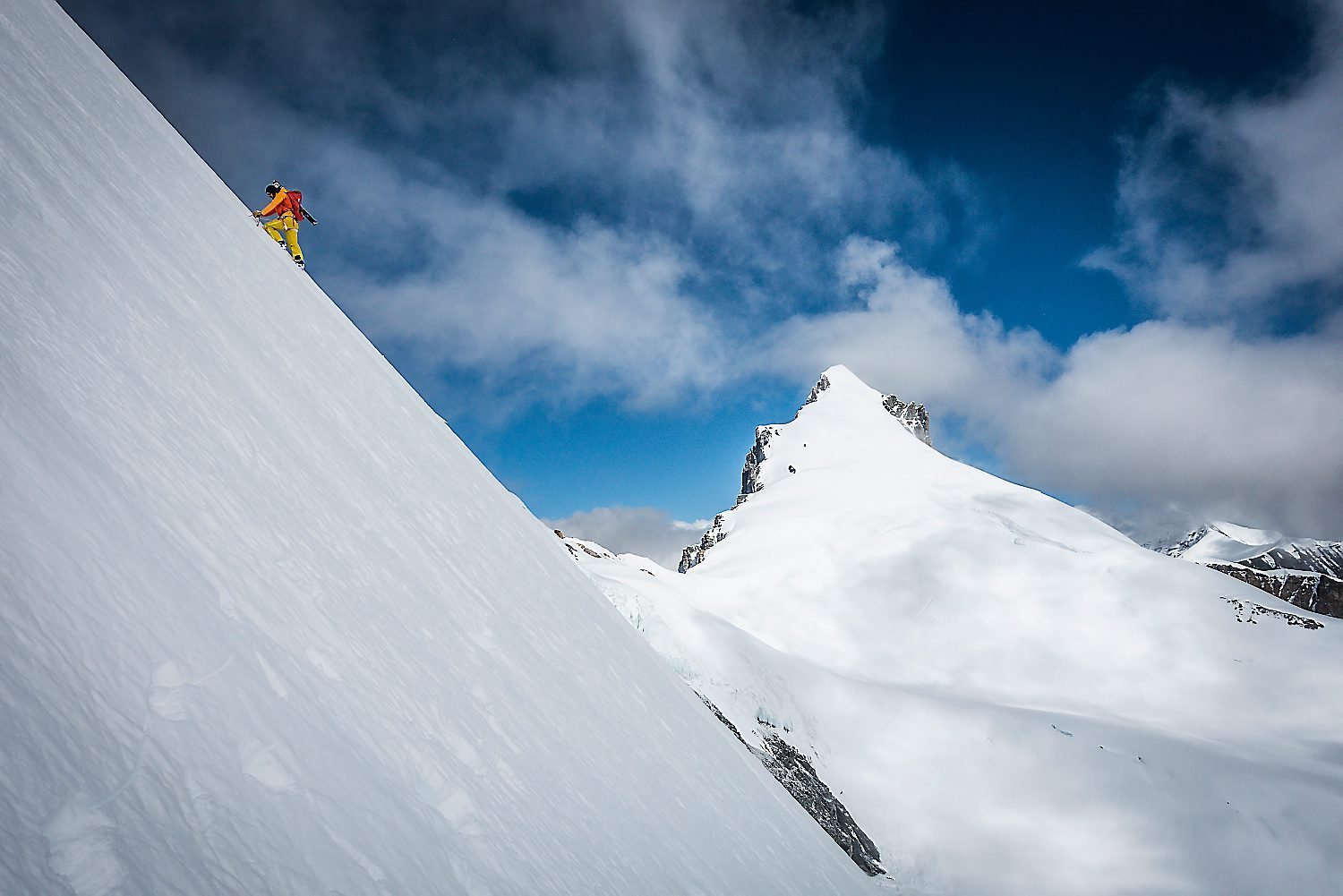Kilian Jornet achieves the best version of a human being on Mt.Everest
The Spanish skier and mountain runner Kilian Jornet has made history again in his search for the limits of human capacity
Jornet has conquered Mt. Everest, the highest peak in the world (8.848 metres) by the north face without the help of Sherpas, fixed ropes or oxygen supplements
Kilian Jornet needed only 26 hours to reach the highest peak on the planet. And without help of any kind!”
To achieve this he started off from the Rongbuk monastery (at an altitude of some 5.100 metres the last inhabited place) to the Summit of Everest; he then descended by the same route, stopping 30kms from the monastery at the advanced base camp because of the stomach cramps he was suffering, which did not stop him reaching the Summit without any help.
At the age of three, Jornet had already climbed to a height of three thousand metres.”
“I was feeling fine and everything was going according to plan until I reached 7.700 metres and then I began to get stomach cramps, I guess because of a stomach virus. From that point on I moved slowly and stopped every few steps to recover. However, I made the summit at midnight!

The whole endeavour took him 38 hours in all, 26 hours being dedicated to reaching the summit, which is the fastest known time. And with physical problems!
Kilian considers that “being well hydrated during a race is as important as suitable nutrition.”
To have some idea of the implication of his speed: it is usual for mountaineers to dedicate 4 days to the ascent and the descent, besides using fixed ropes and oxygen systems, and the support of Sherpas.
Kilian uses the following argument to support the minimum use of equipment. “I feel deep respect for Everest. There are people who think it is a crazy challenge but for me the mountain is a space of freedom where everyone does what he or she thinks they should do. I try to travel light to be able to move quickly. In this way, by spending less time at a high altitude our bodies get less tired although we are aware that this adds an element of risk to the expedition”.
A record life
Among other records, Jornet holds Hardrock 100, an ultra-marathon of 161.7 kilometres (100.5 miles) with a cumulative elevation gain of 20.722 metres throughout the San Juan Mountains in Colorado, United States. He completed the race over steep terrain in 23 hours, 28 minutes, 10 seconds.
According to Jornet, physical and mental strength unite and replenish each other to achieve the best of oneself.”
Kilian once again overcame adversity as his climb was marked by unfavourable snowy weather conditions; he also lost his way at km 132, an error that cost him 40 minutes.

Jornet´s performance in mountain ski trials and mountain running are as impressive as his records. To give an idea of what an exceptional human being he is, suffice it to say that at three years of age he climbed his first “three thousand metres” at five he had already reached the summit of the Pyrenees, at six he achieved his first “four thousand metres and at ten he had crossed the Pyrenees from one point to another.
Jornet´s ascent and descent of Mt Kilimanjaro -almost 6.000 mts high – in seven hours, 14 minutes, set a world record with nearly an hour and quarter advantage over the second best time.
Other Kilian Jornet’s records
- 2014: Record at the Aconcagua, 6,962m (12h 49m).
- 2014: Denali record, 6.186m (11h 48m).
- 2013: Matterhorn Record, 4.478m (2h 52m).
- 2013: Record Chamonix – Mont Blanc, 4,810m (4h 57m).
- 2012: Courmayeur-Chamonix record through the Innominata (8h 42m).
How does a super-athlete eat?
It might seem probable that Kilian would follow a strict nutrition plan in order to perform at such a high level but he eats in a normal balanced way, within a healthy diet without restrictions
As he confirmed in an interview with the Piscolabis, “I do not follow any dietary guidelines; I believe I eat quite well and have a balanced diet but I do it in a relaxed way, eating what I have at home or in the country where I am. I don´t eat much meat as my mother is a vegetarian and I have never eaten much anyway. In winter I feel more like hot food with some fat and in summer more fresh food.
Jornet beat the world record for an ascent of Mt. Everest despite facing the challenge with physical problems.”
Jornet gives great importance to being hydrated and looking for balance. “Over long races I drink before I am thirsty and try to be hydrated although as I drink little during training sessions I can´t drink too much to avoid getting digestive problems”.
Kilian considers that to be well hydrated during a race is as important as having suitable nutrition.

At the age of ten, Kilian was already crossing the Pyrenees from one end to the other.”
This athlete shows how a normal varied diet, rich in complex carbohydrates and sufficient protein, fats, vitamins and mineral salts suffices to obtain the best performance, avoid injuries and provide a quick recovery. We are what we eat and what we think. Physical and mental strength unite and replenish each other to achieve the best of oneself.











